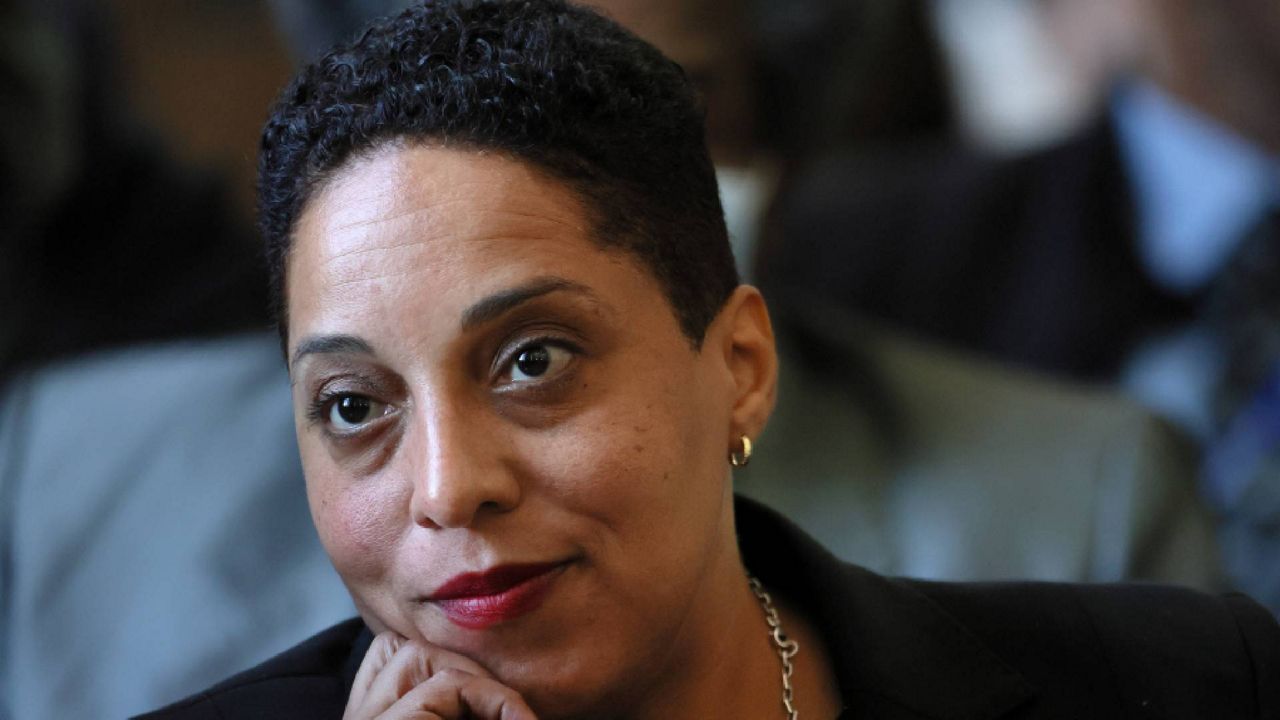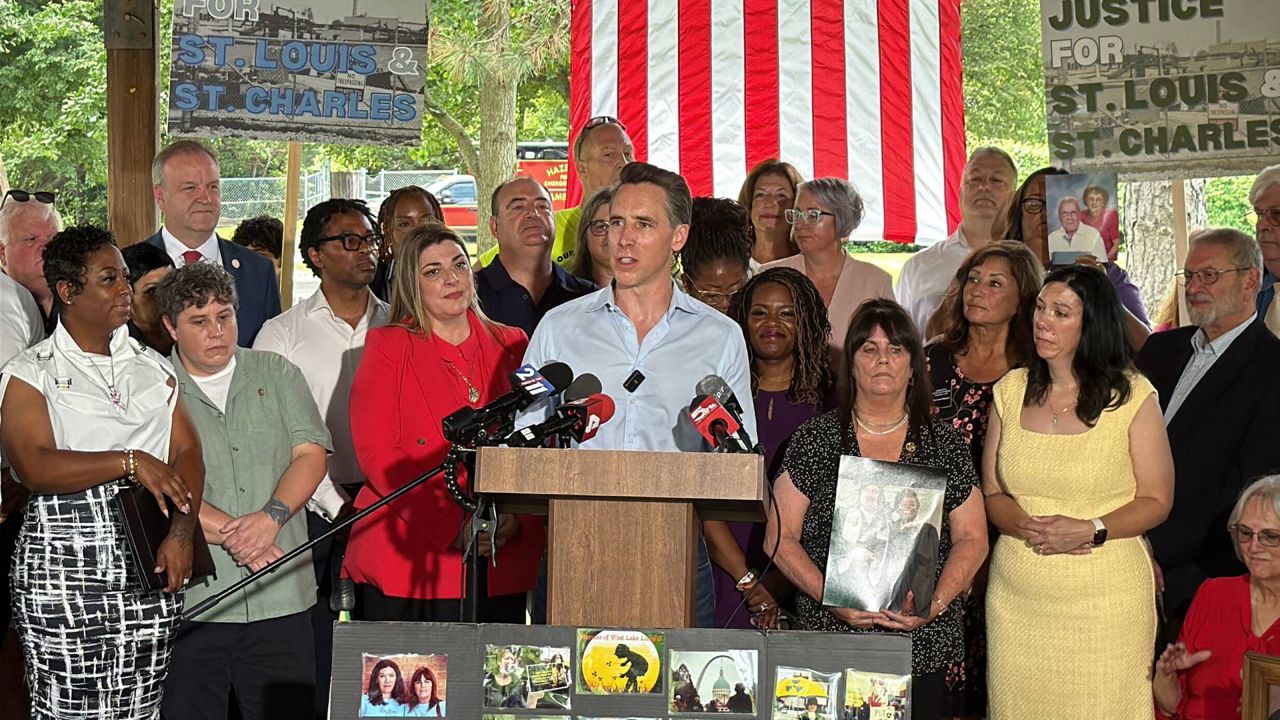ST. LOUIS–A judge late Tuesday afternoon rejected a motion to dismiss the removal proceedings filed against St. Louis Attorney Kim Gardner, while also trimming the charges against her. Judge John Torbitzky also a rejected a motion to quash a subpoena issued to a former Gardner assistant prosecutor, and limited the scope of other subpoenas facing current and former employees in the Circuit Attorney’s Office.
From Torbitzky’s opinion:
“Relator provides numerous instances in which Respondent has failed to meet a duty and asserts that these examples demonstrate a pattern and practice ofRespondent's willful failure to act contrary to a known duty. Among the duties contained in these Counts are Respondent's duty to prosecute cases, make charging decisions, keep victims informed, and ensure defendants and victims receive a speedy trial. Relator alleges these duties are part of Respondent's "primary and most fundamental duty" to manage and conduct criminal cases in the City of St. Louis.
The number of alleged incidents and cases impacted, particularly when considering all of the allegations in each of these Counts together, and in combination with the allegations that the examples are part of a pattern and practice of conduct, gives rise to a reasonable inference that Respondent has intentionally failed to act contrary to a known duty. The facts alleged in the petition also permit the reasonable inference that Respondent was aware of occurrences in her office and yet took no action. There is also a reasonable inference that Respondent's subordinates were acting at her direction or in accordance with her policies. Whether any alleged failure ofone of those subordinates could subject Respondent to ouster need not be answered at this time because the breadth of the allegations gives rise to the reasonable inference that Relator has refused to perform her duties as the Circuit Attorney.
In fairness to Respondent, there is also an inference to be made that these are isolated incidents, divorced from one another, simply strung together in an attempt to make a case against Respondent. But, in evaluating this motion to dismiss, this Court must assume all facts alleged are true and make all reasonable inferences in favor of Relator.
Read the Attorney General’s amended complaint
The court’s ruling cuts down the number of charges Gardner faces from ten to seven. He granted Gardner’s motion to dismiss as it applied to counts that she “willfully neglected or knowingly failed or refused to timely move for the disposal of property,” that she “willfully violated or neglected or knowingly failed or refused to comply with her duties under Missouri Sunshine Law,” and that she “willfully neglected or knowingly mismanaged the finances of her office and burdened the City of St. Louis with excessive and unwarranted legal fees.”
Gardner has denied all charges and has alleged the proceedings are an attempt to circumvent the will of voters who have twice elected her to office.
Torbitzky denied a request by the Circuit Attorney’s Office to quash a subpoena issued to former Assistant Circuit Attorney Natalia Ogurkiewicz, and limited the scope of subpoenas to Marvin Teer, formerly Gardner’s Chief Trial Assistant and Christopher Hinkley, the Circuit Attorney’s Chief Warrant Officer.
Ogurkiewicz was the trial attorney in the case of Daniel Riley, an armed robbery suspect who was out on bond and reportedly violated bond terms more than 100 times. Riley was later accused of being behind the wheel of a car in a traffic crash that cost a Tennessee volleyball player visiting St. Louis the use of her legs.
Ogurkiewicz later resigned, citing untenable workloads and a toxic work environment.
The outcry following that crash led to calls for Gardner’s resignation from local and state officials, including Bailey, who filed the Quo Warranto removal suit after she refused to step down.
Torbitzky, a State Appeals Court judge, also Tuesday granted Gardner’s motion for a new judge to hear the case. He was selected after all of the judges in the 22nd circuit recused themselves due to a potential conflict of interest.
The case is scheduled to go to trial September 25.









